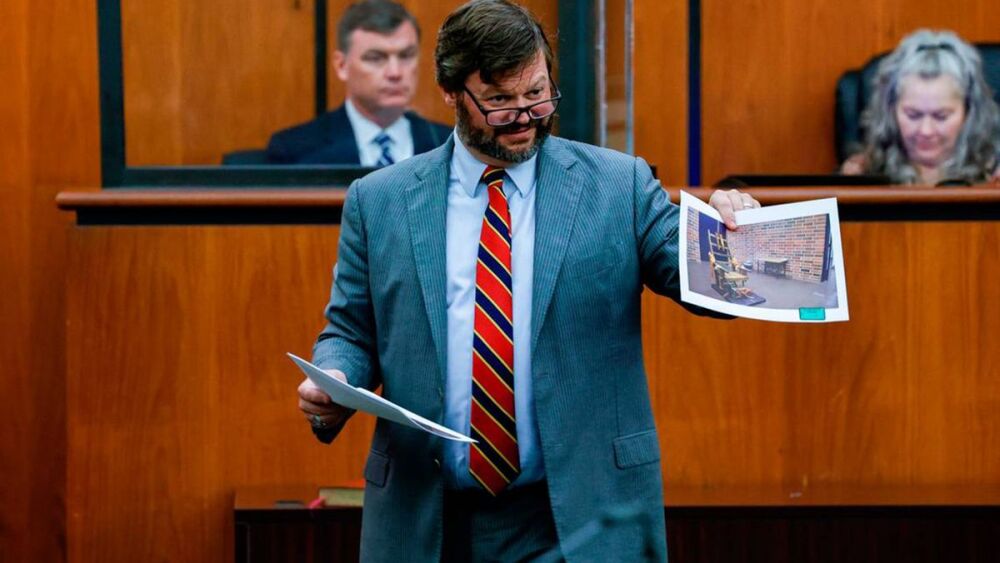By John Monk
The State
COLUMBIA, S.C. — The South Carolina Supreme Court now plans to hear oral arguments on Dec. 13 on whether the firing squad and electric chair methods of execution are constitutional.
The new date is earlier than the original Jan. 12 hearing planned at Coastal Carolina University in Horry County. The high court occasionally holds hearings in different parts of the state so local students and citizens can attend.
The new date appeared late last week on the Supreme Court’s calendar with no explanation for moving up the date.
The location also was changed to Columbia in the Supreme Court courtroom.
At the hearing, the five justices will hear arguments for and against a Sept. 6 circuit court ruling by state Judge Jocelyn Newman in which she ruled that two of the state’s three methods for electrocution — the firing squad and the electric chair — are unconstitutional.
The case was brought by four death row inmates — Freddie Owens, Brad Sigmon, Gary DuBose and Richard Moore — against Gov. Henry McMaster and South Carolina Department of Corrections director Bryan Stirling.
The ruling stopped the state from going forward with any executions by firing squad or the electric chair. A third method, lethal injection, is lawful but cannot be used because state corrections authorities have for years been unable to obtain the toxic chemicals used to carry out an execution.
Newman’s ruling said the firing squad and the electric chair violate the state constitution, which says “nor shall cruel, nor corporal, nor unusual punishment be inflicted.”
The state constitution limitations on punishments go further than limits imposed by the U.S. Constitution, which only prohibits “cruel and unusual” punishments.
Newman’s ruling came after a four-day trial in August in which she heard graphic testimony from experts put up by lawyers representing the death row inmates about pain inflicted on condemned prisoners by firing squad and electrocution. That testimony was disputed by the state’s opposing experts.
Although numerous death penalty sentences and verdicts have been overturned through the years in South Carolina, those cases were largely decided on errors committed by prosecutors, judges or defense attorneys.
Newman, however, was the first state judge to rule two of the three methods approved by the Legislature to execute condemned killers are unconstitutional under the state’s constitution.
Plaintiffs’ attorneys include Hannah Freedman, Josh Kendrick, Christopher Mills, Emily Paavola, Hannah Freedman, Lindsey Vann and John Blume, a Cornell School of Law professor and nationally known death penalty legal expert.
Defense attorneys for Stirling and McMaster include Grayson Lambert, Thomas Limehouse, Erica Shedd, Daniel Plyler and Austin Reed.











